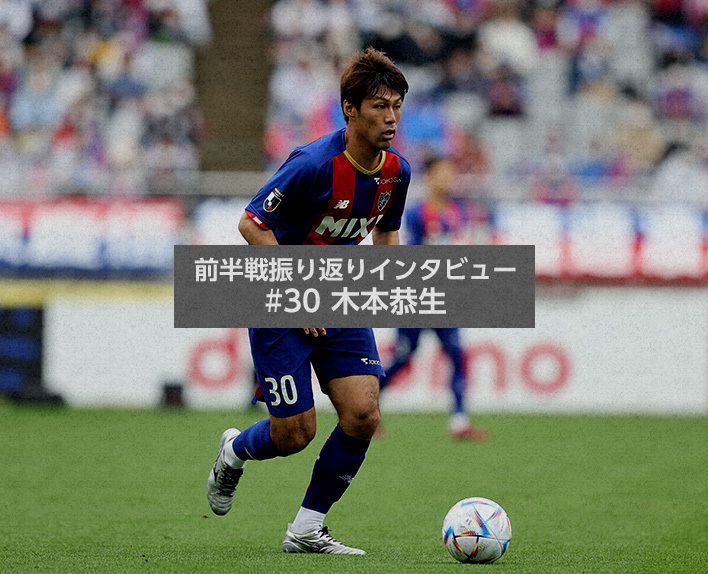<Match Review>
In the middle of the week, we had the Levain Cup match against Avispa Fukuoka, and now we face Sec. 14 of the J1 League after two days. The packed schedule continues, and starting today, we will play three matches in three days. For Tokyo, who has been away from victory in three league matches, this match is crucial to change the momentum at this turning point of the season and to gain both confidence in the growth of our soccer style and three points.
The opponent, Kashiwa Reysol, is in good form at 4th place. After dropping in the rankings over the last three matches, Tokyo wants to accumulate 3 points and stay competitive with the top teams. Captain Masato MORISHIGE, who had been sidelined due to injury, has returned to the team, and they are set to face a Kashiwa team with many energetic young players, along with a stable defense.
At the start, Tokyo immediately created a chance. In the 3rd minute of the first half, a sharp pass was delivered to left winger Adailton, and Shuto ABE rushed in to receive the ball dropped between defenders with one touch, exploiting the gap and moving toward the goal. Although his one-on-one shot with the goalkeeper was blocked, they showed a direction to break through the attacking zone with a change of pace. However, from this point, Kashiwa increased their intensity in ball contests and pressed closely, making it difficult to build up play, and the time spent being pushed back increased. In the 20th minute of the first half, the defense line was targeted behind, but Jakub SLOWIK closed the distance at the right timing and blocked with his body. In the 25th minute, they allowed deep penetration on the right side and a sharp ball was delivered in front of the goal, but SLOWIK saved again to avoid danger. Toward the end of the first half, there were more moments of carefully moving the ball, and Tokyo spent more time pressing the opponent, but they could not execute the fast-paced breakdown like at the start due to the opponent’s quick retreat. Defensively, Tokyo also responded quickly to the opponent’s fast vertical attacks with good transitions between offense and defense, preventing any decisive chances and ending the half.
As the second half began, the opponent increased their vertical momentum, pushing our formation back, making it difficult to mount a counterattack. In the 15th minute of the second half, a free kick was awarded just outside the penalty area, and Matheus SAVIO aimed for a direct shot, but it hit the crossbar. Tokyo struggled to pick up the tempo during attacks, but in the 22nd minute of the second half, Hotaka NAKAMURA delivered a cross from the right side, and the ball deflected off an opponent's defender at the near side, spilling in front of the goal where Ryoma WATANABE was waiting to make a one-touch attempt, but it went wide of the target. In the 28th minute of the first half, Ryoya OGAWA noticed the opponent's defensive line was high and sent a ball behind them. Substitute Kensuke NAGAI broke free towards the goal and attempted a shot from a tight angle just in front of the left side of the goal, but his shot aimed at the corner was thwarted by a great save from the opposing goalkeeper.
In the 32nd minute of the second half, Adailton received the ball on the left side, cut in, and struck powerfully with his right foot, but the ball that went over the outstretched arms of the opposing goalkeeper hit the crossbar.
In the 44th minute of the second half, as the pressure towards the goal increased and expectations rose for a goal, a corner kick from the left was bundled into the net during a scramble in front of the goal, but this was overturned due to a handball decision supported by VAR. In the remaining additional time, they launched a counterattack, but were unable to score, ending the match in a 0-0 draw.
[Interview with Coach Albert PUIG ORTONEDA]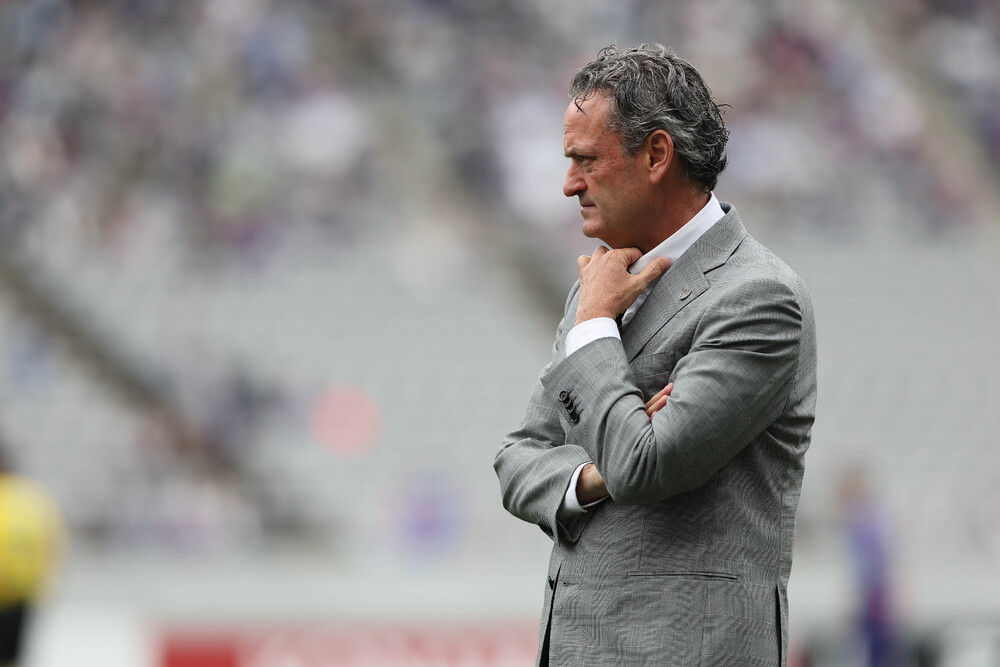
Q, please review the game.
A, there was a decisive chance immediately after the kickoff. I believe that if we had converted that chance, the match would have developed differently. This season, the J1 League is very competitive. Whether or not you convert those final opportunities greatly influences the flow of the match.
After that, I think we had a long time controlling the game by moving the ball well, but there were too many passes at our feet, and I think there were few plays that utilized runs into space.
The team has been spending more time pushing forward. In that context, we are working on improving our vigilance against counterattacks after losing the ball. Today, we saw some improvement in that area, but we need to improve further, and at the same time, we must reduce the number of times we lose the ball. In the second half, we had about 15 minutes of good play. We wanted to capitalize on the chances we created during that time to take control of the match, but we were unable to do so.
The second half continued with a closely contested match. Kashiwa also had chances, and there was a possibility of losing if they had scored. Towards the end of the match, the opponent scored from a corner kick, but that goal was disallowed with the support of VAR. It was a tightly contested match where losing was a real possibility if that goal had counted.
In the last few matches, I think we have been able to express that the team is growing in a positive direction with longer periods of controlling the game. However, there are still some moments where we easily lose balls that we shouldn't lose. This creates opportunities for the opponent, so we need to improve a bit more and avoid losing the ball unnecessarily.
The time spent playing with this playing style is still not long. There are still imbalances, with too much focus on play at the feet or too much focus on play into space. We must grow to achieve a good balance between play at the feet and play into space. For the players, it is difficult because we are asking for a style of play that is clearly different from the soccer they have been playing until now. However, I have no doubt that the playing style we are currently aiming for will lead to the growth of each individual player. The team is moving in a good direction.
If we could have brought Leandro on in the second half, he would have brought a lot to the team, and I believe that if we could have brought Keita YAMASHITA on in the second half, it would have similarly benefited the team. However, both of them have been feeling discomfort, so they have been away from training. Additionally, during today's match, Diego and Nagatomo also felt discomfort, so they were substituted early.
Q: There were reports of discomfort from player Nagatomo, could you please share what you can about it?
Since the beginning of the season, we have told the players to stop playing if they feel any discomfort. Playing through it can lead to serious injuries. We have communicated that they should speak up immediately to minimize the risk.
Nagatomo felt a bit of discomfort, so I brought in Hotaka NAKAMURA. I think Hotaka covered for Nagatomo's absence well. Nagatomo's condition is not serious enough to be called an injury. He had some discomfort, and I thought he had fully recovered, but that might not have been the case. Just to be safe, we decided to substitute him. I don't think it will lead to any concerns.
Q: The opponent's midfield defense was solid, and it felt like our three midfielders were being contained. How was the preparation for that?
Yes, I can answer that. More than that, what I always ask of the players is to make appropriate judgments based on the situation and find solutions. Of course, we can prepare in advance by predicting the opponent's moves as part of our game plan. However, the match does not always unfold as expected. I ask the players to be fully aware of what is happening in the game and to solve problems as they arise. For example, in the second half, I used Ryoma WATANABE as a right winger. This was because I expected him to come in from the side and play centrally. I believe this was one of the intentional strategies we employed.
It is indeed impossible to communicate all the anticipated problems and their solutions to each player during the match. Rather, I believe it is more effective to develop the ability to recognize problems on their own and to learn how to solve them through smart play. For example, today, Diego made several good runs behind the defense, but the ball holder was not aware of those plays and could not utilize them effectively. That is one of our areas for improvement.
At the beginning of the season, we aimed to build up play while avoiding the center as much as possible. The opponents naturally counter this, and as our team's overall quality improves, we have gradually started to utilize the center more. There are parts where we are able to execute good plays in the center. However, there are also instances where we lose the ball due to mistakes we don't expect, leading to counterattacks from the opponents, so I believe this is a point we need to improve on.
We are clearly asking players who have continued with different playing styles for about four seasons to adopt a different playing style. I think it is very difficult to adapt well to that. We are asking the players themselves to solve the problems. I believe this is a high level of difficulty for the players. However, if we continue this, I think each player will become aware of the problems themselves and be able to overcome them, which will significantly enhance the team's overall quality.
[Player Interview]
<Kensuke NAGAI>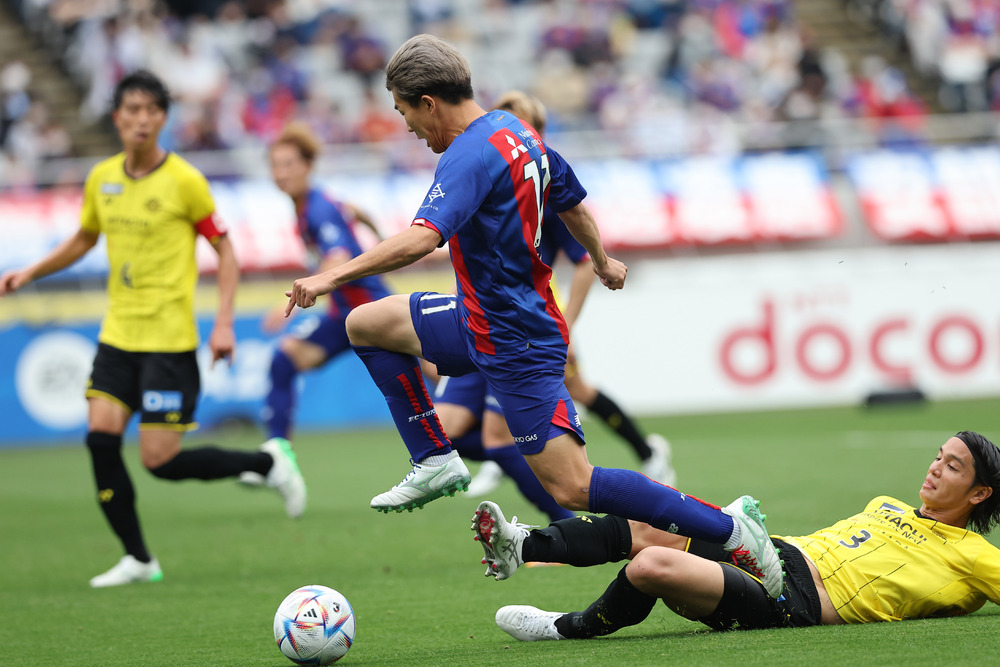
Q: How did you view the attacking part from the bench until you entered the pitch?
A, since there weren't many players breaking behind the opponent, I was watching to see if I could create space by receiving the ball behind them.
Q: Did you feel that aspect improved once you actually stepped onto the pitch?
I had about two chances, and I feel that not converting them is my responsibility. I believe that if I had scored there, the game would have changed. I feel that I need to challenge myself to increase the number of opportunities in front of the goal from the first half.
Q: Coach Albert PUIG ORTONEDA says that the team is starting to gain control of the ball, and that it is the next stage. As a forward player, how do you feel about the progress and challenges?
I feel that our opponents are gradually studying us, so we also need to be creative and add a little extra to increase our scoring. I want to delve into the accuracy of crosses after we push forward, who enters where, and how we compete.
Q: You came on as a substitute and created a chance immediately. After that, there were times when the ball didn't come to you easily.
A, there is also the relationship with teammates, and after the match, the players discuss areas for improvement. I believe the opportunities will gradually increase, and I want to continue to demand and work on this in the future.
<Yasuki KIMOTO>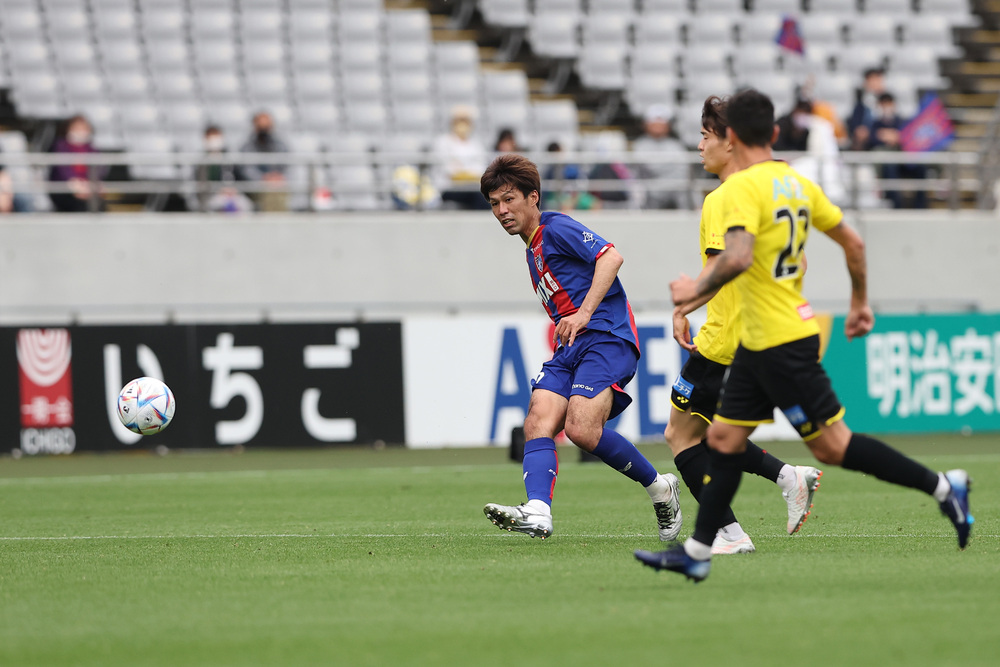
Q: Looking back at today's match, do you have the impression that you held the ball well, or do you feel that you held it well but things didn't go smoothly afterward?
A, not just in today's match, but in several matches where we haven't gotten results, even if we have had a higher possession rate, we give the impression of not being intimidating to the opponent, rather it feels like we are being controlled. I believe that how effectively we can execute ball movement and attacks that are unpleasant for the opponent will be an important point in changing the flow moving forward.
Q: How did you plan to break through as a team while Kashiwa tightened the center?
Even though we are gradually able to play the soccer we are trying to play, it doesn't mean we can suddenly do it 100%. I believe that if we don't develop the ability to exploit the opponent's weaknesses during the match, it will be difficult to score. Therefore, I want the players to communicate their opinions and improve together.
Q: Although we couldn't win, how do you feel about stopping the losing streak?
A, I wanted to win at home, but there were moments where we were helped by VAR at the end. We have had issues with how we finish matches in the last few games, so I want to stay focused and finish the match strong.
Q: Has the ideal style of football permeated to some extent, or is it that while it has permeated, the opponent's countermeasures have prevented us from taking the next step?
I feel that we are gradually achieving the style of football that the coach is looking for, although there is still a gap from the style we had until last year.
<Ryoma WATANABE>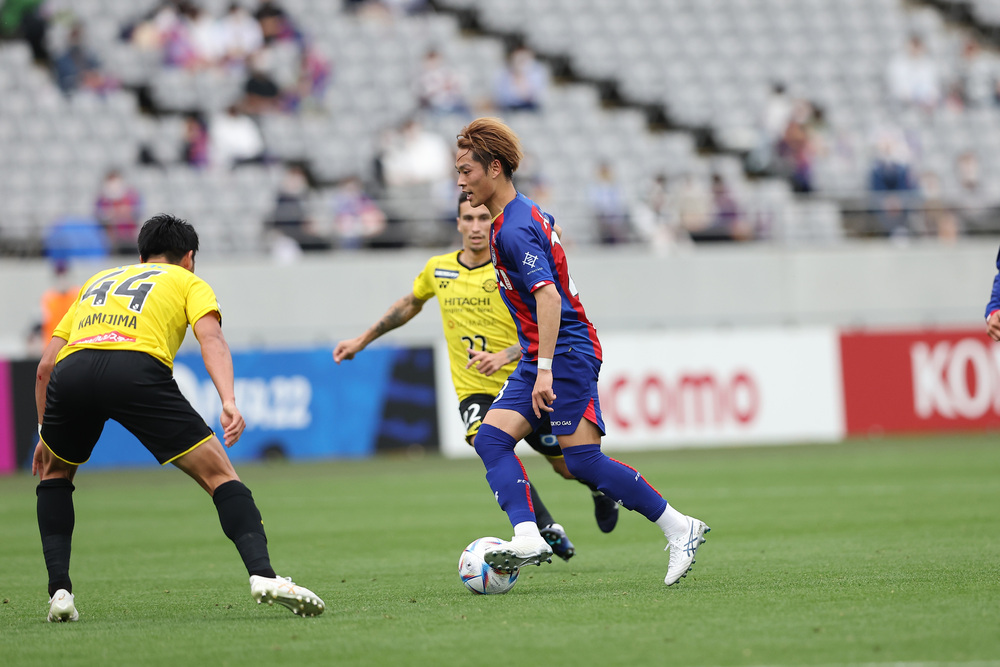
Q: How was it coming on in the second half?
A, since the three forwards were making the same movements, I thought it would be necessary for me to receive the ball in the center when I came on, and I believe the coach had that intention when he put me in the match. By having Hotaka NAKAMURA stretch out on the side and making movements to come inside, we were able to create several good situations. Of course, there were moments when I had to score, and I should have, but I think it was good that I was able to make changes during the match.
Q: What was your aim in targeting the goal during the periods when you had possession of the ball?
A, simply holding the ball has no meaning, so I was thinking about how to make vertical passes to break down the opponent's defense. If the opponent's defense has five players, there will be space in the midfield, so I was imagining how to exploit that well. If the time period had continued a bit longer, like towards the end of the second half, I think there was a possibility that a goal could have been scored.
Q: I think the opponent was aiming for a counterattack after stealing the ball. What do you think?
A, the players at the back were managing risks well against the counter, so when I was on the field, I thought I would leave it to the players behind me and focus on doing what I needed to do. I was only thinking about scoring.
Q: How was the team's collaboration?
A, currently, the style of soccer is changing depending on who participates in the match. It is important to align with the soccer that Coach Albert PUIG ORTONEDA demands, and of course, it is essential to play according to the characteristics of each player, but a base is necessary within that. If we cannot establish that, it will lead to a difficult situation, so I believe we can grow if we can create it together while communicating with each other.
Q: There were many scenes where crosses were made effectively using the sides.
If we attack from the sides, the center will open up, and conversely, if we attack from the center, the sides will open up. I think it's important for the players to have a common understanding of how to utilize this. I believe we were able to do this towards the end of the match and get closer to the goal. The most important thing is to score, and that is what we are working on, so we need to delve deeper into it.
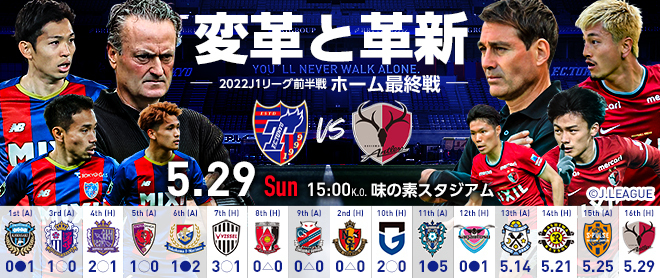
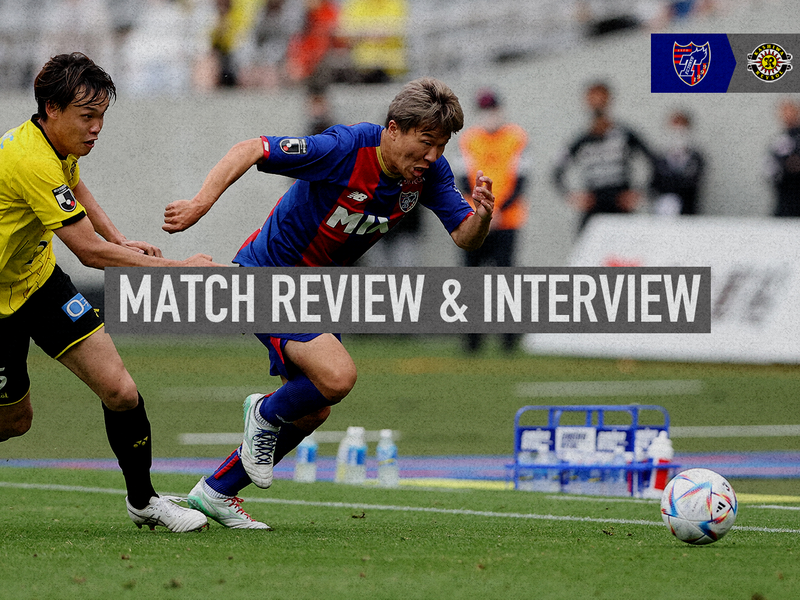



![Takashi FUKUNISHI × Naohiro ISHIKAWA CC Dialogue"The Appeal of Albert Tokyo Players [MF/FW Edition]"](/en/upload/Tokyoism/images/img_242_62879a9a-0314-43cb-bd48-1e9f0a000292.jpg)
